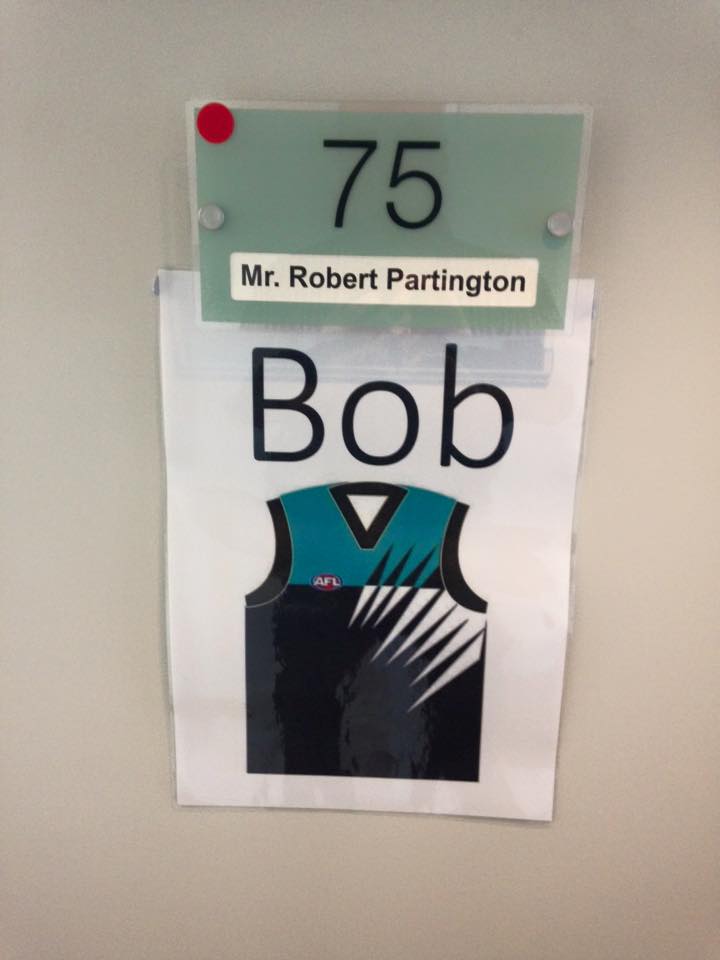
Today I was involved in an international webinar with Rhonda Nay (La Trobe University) about SEX. This subject rarely comes up about people with dementia as it considered a taboo topic. I actually found the webinar to be very interesting indeed. I want to convey what I learnt in a simple and respectful manner so I thought I would share some points and stats.
People aged 80 -102:
30% females and 63% males have intercourse
10% females and 29% males have it often
Health professionals rarely talk about sex issues with their older patients.
Sexually aggressive behaviour with people with dementia rarely occurs.
Many of the concerns in regard to sex and people with dementia relate to ‘consent’ and ‘duty of care’.
“It’s not about our views…but their civil rights. We’re here to create an environment to allow grown ups to do what grown ups do.” (Bonfazi 2000,24)
Drugs such as anti psychotics, anti depressants etc have a negative impact on sex.
I asked the following question:
Q: “What do you do if you walk in on a resident having sex with another resident?
A: If the residents are happy….walk out, close the door and let them get on with it!
There is no need to report residents having sex if everyone is happy.
Carers need to have a sense of humour with showering and avoid potential ‘awkward’ situations.
People rarely have showers with other people in normal situations (in the cubicle) hence a person with dementia may confuse having a shower with a carer involved, as ‘sexual’.
Carers need to be wary of their language with residents as it may be misinterpreted.
example1: “C’mon John…Let’s have a shower together” (this may be taken as ‘sexual’ by resident)
example 2: “C’mon John …I will help you have a shower” (less chance of misinterpretation)
**conversations about sexuality and policies should be had with nursing home management PRIOR to them entering the aged care facility…this will avoid any problems in the future.
As carers we need to monitor body language very closely to ensure the person is ‘happy’ with situations. They may not be able to verbalise things, but they can certainly express themselves in other ways to let us know how they feel.
Fact: A female carer has filed a sexual harassment suit against a man with dementia for kissing the back of her hand. (In care situations – We need to keep things in perspective as well)…hmmm



























 Facebook
Facebook Twitter
Twitter LinkedIn
LinkedIn